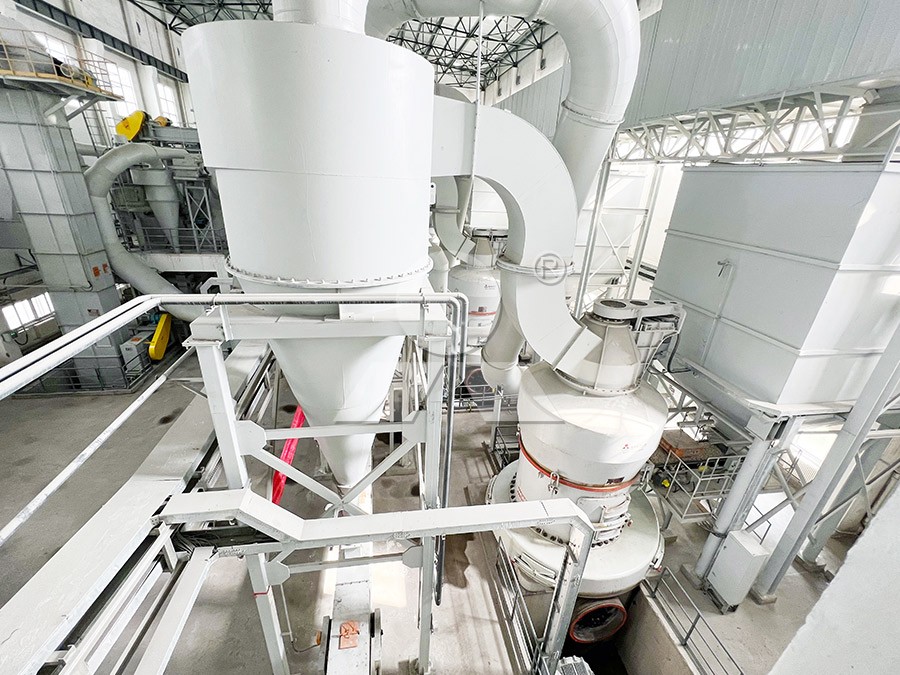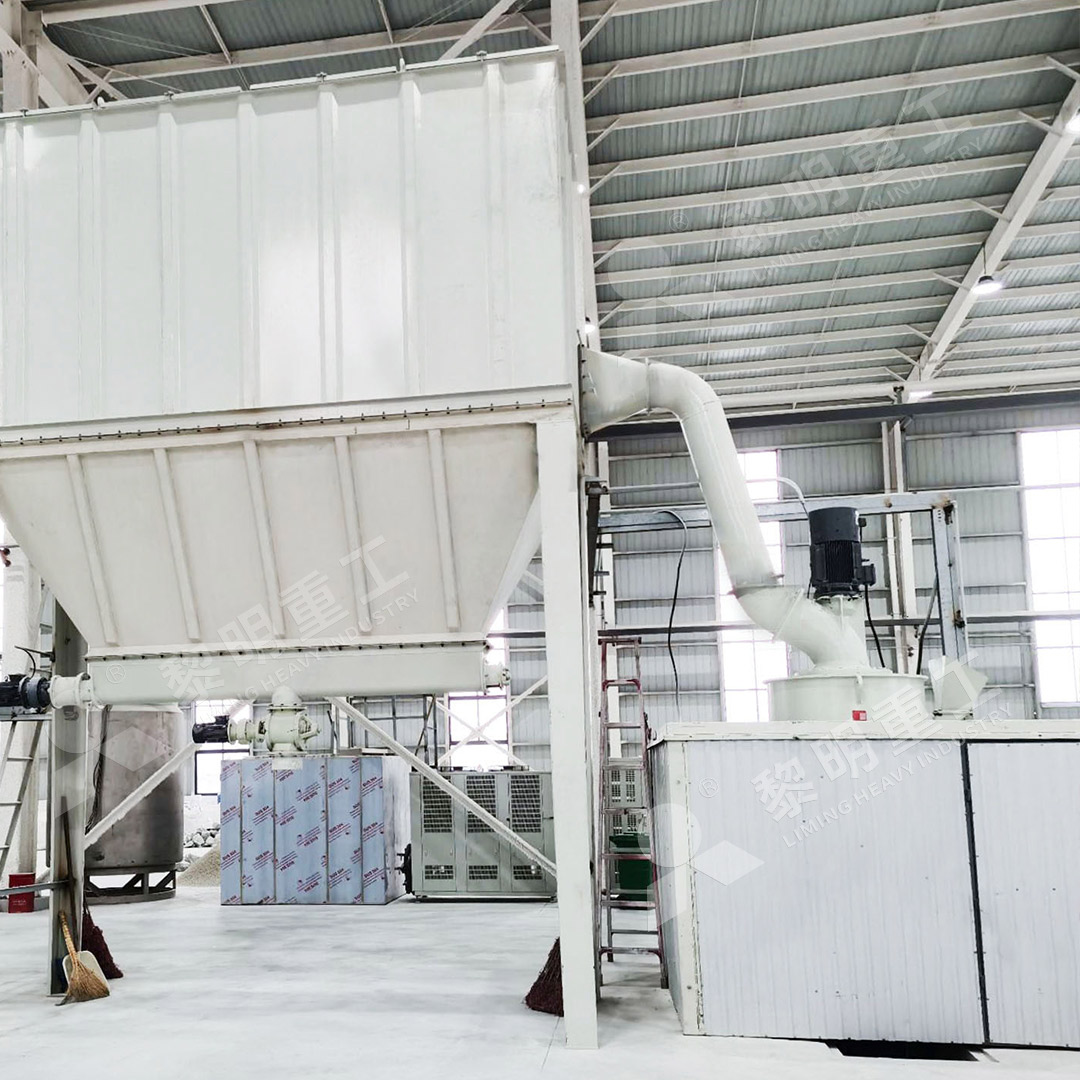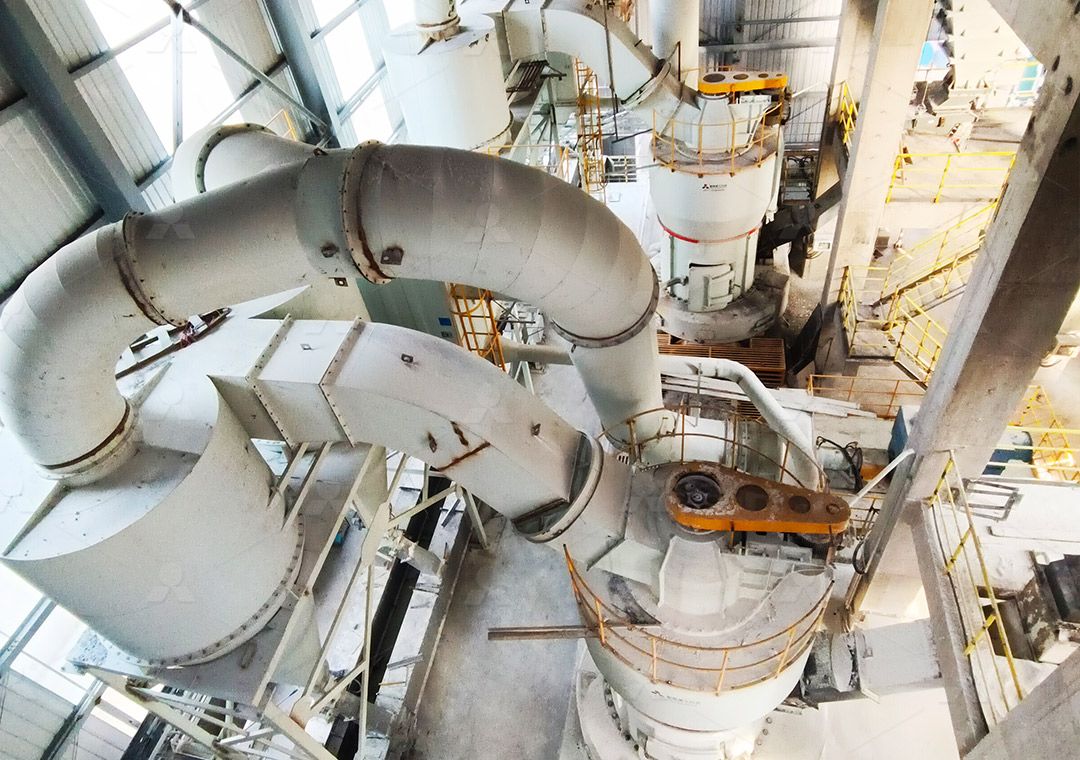Raymond Mill for Limestone 350 Mesh 3TPH Production Price for Concrete Additives
Optimizing Limestone Grinding for Concrete Additive Production
In the competitive world of concrete production, the quality of additives significantly impacts final product performance. For operations requiring precisely ground limestone at 350 mesh fineness with a 3-ton-per-hour capacity, selecting the right milling equipment becomes a critical business decision. While traditional Raymond mills have served this industry for decades, technological advancements have introduced more efficient alternatives that deserve serious consideration.
The production of high-quality concrete additives demands consistent particle size distribution, minimal iron contamination, and energy-efficient operation. At 350 mesh (approximately 45 microns), limestone powder must exhibit excellent flow characteristics and reactivity to enhance concrete workability and strength development. Achieving this specification reliably requires mills with precise classification systems and stable grinding mechanisms.

Beyond Traditional Raymond Mill Limitations
Conventional Raymond mills, while historically popular for limestone processing, face challenges when producing ultra-fine powders for modern concrete applications. Their mechanical classification systems often struggle to maintain tight particle size distributions at 350 mesh, potentially leading to inconsistent additive performance. Additionally, their energy consumption per ton of finished product tends to be higher than newer mill designs, impacting operational costs over time.
For operations targeting 3TPH production of 350 mesh limestone, several factors influence equipment selection beyond initial purchase price. Maintenance requirements, spare part availability, energy efficiency, and environmental compliance all contribute to the total cost of ownership. Operations managers must evaluate not just the machine price, but the production cost per ton over the equipment’s lifespan.
Advanced Milling Solutions for Superior Performance
For operations seeking to optimize their limestone grinding for concrete additives, we particularly recommend considering our MW Ultrafine Grinding Mill. This advanced system represents a significant technological leap forward, specifically engineered for customers requiring ultra-fine powder production. With its ability to produce powders between 325-2500 meshes, the MW mill comfortably handles your 350 mesh requirement while offering flexibility for future product diversification.

The MW Ultrafine Grinding Mill incorporates several innovations that make it ideal for concrete additive production. Its cage-type powder selector employs German technology to ensure precise particle separation, critical for achieving consistent 350 mesh fineness. The unique design without rolling bearings or screws in the grinding chamber eliminates common failure points, reducing maintenance downtime significantly. Furthermore, the integrated pulse dust collector ensures environmentally compliant operation, a growing concern in many regions.
For operations that may benefit from vertical grinding technology, our LUM Ultrafine Vertical Grinding Mill presents another excellent option. Combining latest-generation grinding roller technology with advanced German powder separation, the LUM mill offers exceptional energy efficiency – typically 30%-50% lower consumption compared to conventional mills. Its reversible structure simplifies maintenance, while electronic and mechanical limiting technologies ensure operational stability.
Economic Considerations for 3TPH Operations
When evaluating the production price for 3TPH of 350 mesh limestone, equipment selection dramatically impacts your bottom line. While traditional Raymond mills might appear economically attractive initially, their higher energy consumption and maintenance requirements often result in greater long-term costs. Advanced mills like the MW series deliver 40% higher production capacity than jet mills with the same power input, substantially reducing your cost per ton over time.
The comprehensive optimization of modern grinding systems extends beyond mere energy savings. Features like external lubrication without shutdown capability (MW Series) and hydraulic adjustment systems (LUM Series) minimize production interruptions, maximizing your 3TPH output potential. Additionally, the superior wear resistance of grinding components in these advanced mills reduces replacement frequency, further controlling operational expenses.

Frequently Asked Questions
What makes the MW Ultrafine Grinding Mill suitable for 350 mesh limestone production?
The MW Mill features a precision cage-type powder selector that effectively controls particle size distribution, ensuring consistent 350 mesh output. Its innovative grinding curve design enhances efficiency specifically in the 325-2500 mesh range, making it ideal for concrete additive applications.
How does the energy consumption compare between traditional Raymond mills and the MW series?
The MW Ultrafine Grinding Mill consumes approximately 30% less energy than conventional jet mills and about 40% less than traditional Raymond mills for the same output of 350 mesh limestone, significantly reducing operating costs for 3TPH production.
Can these mills handle variations in raw limestone characteristics?
Yes, both the MW and LUM mills incorporate adjustable operating parameters that accommodate normal variations in raw material hardness and moisture content while maintaining consistent 350 mesh output quality.
What environmental benefits do these advanced mills offer?
Our mills integrate efficient pulse dust collectors and noise reduction technologies, ensuring compliance with environmental standards. The completely sealed systems operate under negative pressure, preventing dust emission during the entire grinding process.
How does the maintenance requirement compare to traditional equipment?
The absence of rolling bearings and screws in the MW Mill’s grinding chamber eliminates common failure points, reducing maintenance frequency by approximately 40% compared to conventional Raymond mills.
